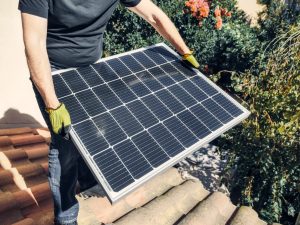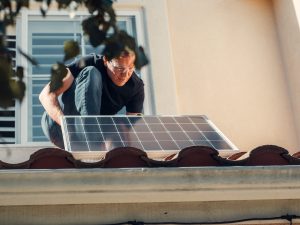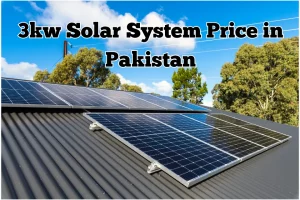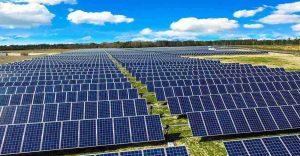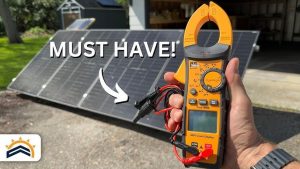How many solar panels does it take to power a house?
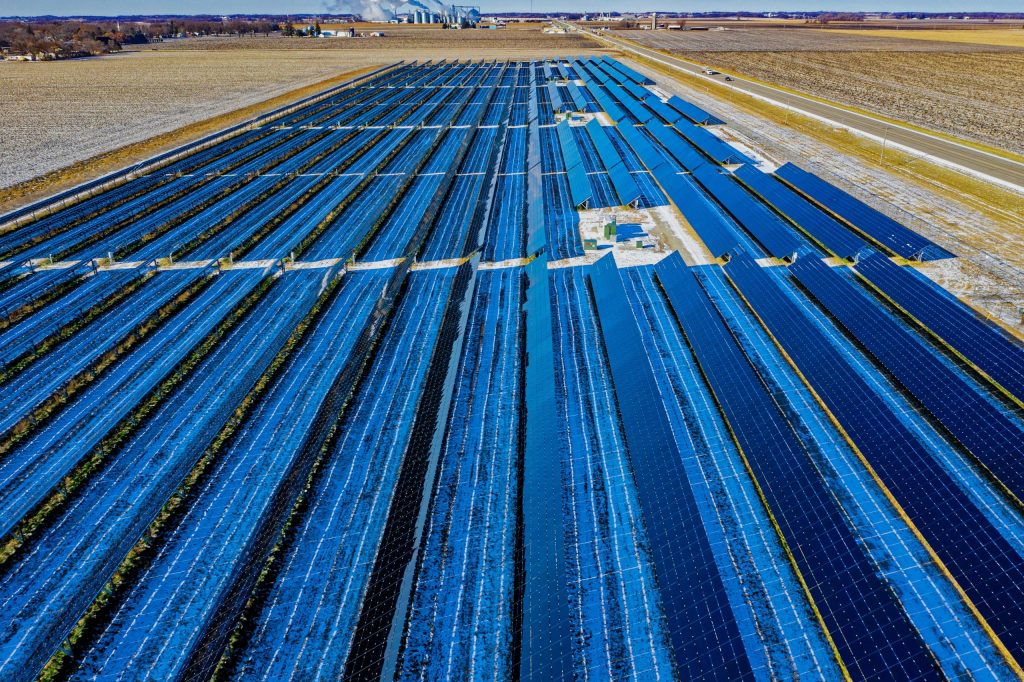
How many solar panels does it take to power a house?
How many solar panels does it take to power a house?
Solar energy has become a focal point in the quest for sustainable living. With the rising interest in reducing carbon footprints and embracing ecofriendly alternatives many homeowners are contemplating the switch to solar power. One common question that arises is “How many solar panels does it take to power a house?” In this article we will explore the various factors influencing the number of solar panels needed considering both the geographical and practical aspects.
Understanding Solar Panel Capacity
To grasp the requirements for a solarpowered house it crucial to understand the basics of solar panel capacity. Solar panels are rated in watts or kilowatts representing their energy production capabilities. Estimating the energy needs of a typical house involves considering daily consumption and peak usage times.
Factors Influencing Solar Panel Requirements
The number of solar panels required varies based on several factors. The geographic location plays a pivotal role determining the amount of sunlight available. Energy consumption patterns types of solar panels used and their efficiency also contribute to the overall calculation.
Calculating Solar Panel Needs
Calculating the number of solar panels needed involves intricate considerations. Average daily sunlight hours panel efficiency and weather conditions all impact the output. These factors when combined give a realistic estimate of the solar panel capacity required for a specific location.
Typical Solar Panel Capacity for a House
While there isn’t a onesizefitsall answer general recommendations based on household size provide a starting point. Adjustments are necessary for energyefficient homes as they consume less power overall. Understanding these basics helps homeowners make informed decisions about their solar panel installations.
Cost Considerations
Investing in solar panels is a significant upfront cost but the longterm savings and return on investment make it a financially sound decision. Exploring the costs associated with solar panels and the potential for savings over time provides a comprehensive picture for homeowners considering the switch.
Installation and Maintenance
The decision between professional installation and a DIY approach depends on various factors. Additionally regular maintenance is crucial for optimal solar panel performance. Tips on installation and maintenance help homeowners make informed choices.
Environmental Impact of Solar Panels
Beyond the financial aspect the environmental impact of solar panels is a significant motivator for many homeowners. Understanding how solar power contributes to a reduced carbon footprint adds an extra layer of satisfaction to the decision.
Advancements in Solar Technology
The field of solar technology is everevolving. Briefly exploring emerging technologies and potential future improvements sheds light on the exciting developments in the industry.
Government Incentives and Rebates
Government incentives and rebates further sweeten the deal for homeowners looking to adopt solar power. Highlighting the available benefits and providing guidance on how to take advantage of them encourages more widespread adoption.
Common Misconceptions about Solar Power
Addressing common myths and misconceptions about solar power helps dispel any doubts potential adopters may have. Clarifying facts ensures a more accurate understanding of the benefits and limitations of solar energy.
Case Studies
Reallife examples of successful solar power installations offer practical insights. Case studies provide a tangible understanding of the benefits and challenges associated with solar panel installations.
Preparing Your House for Solar Installation
Before diving into solar installation certain preparations and considerations are necessary. This section guides homeowners through the necessary steps to ensure a seamless transition to solar power.
Benefits Beyond Energy Savings
Apart from the obvious energy savings embracing solar power can have additional benefits. Increased property value and a positive impact on the community are worth considering when contemplating the switch to solar.
Final Word
In the number of solar panels required to power a house depends on various factors. Understanding these factors including geographic location energy consumption and panel efficiency is crucial for making informed decisions. As we collectively strive for sustainable living solar power emerges as a practical and environmentally friendly solution.
Frequently Asked Questions FAQs
- Q: Are solar panels worth the initial investment?
- A: Yes while there an upfront cost the longterm savings and environmental benefits make solar panels a worthwhile investment.
- Q: Can I install solar panels myself or should I hire a professional?
- A: It depends on your comfort level and expertise. While some opt for DIY professional installation ensures optimal performance.
- Q: How do government incentives and rebates work for solar installations?
- A: Governments often offer financial incentives and rebates to encourage solar adoption. Check with local authorities for details.
- Q: Do solar panels require a lot of maintenance?
- A: Regular maintenance is recommended but it generally minimal. Cleaning panels and checking for damage are common tasks.
- Q: Can solar panels increase the value of my property?
- A: Yes solar panels can enhance property value. Many homebuyers appreciate the longterm savings and ecofriendly aspect.

Source of Image: https://www.pexels.com/photo/aerial-photography-of-blue-solar-panels-1599819/
